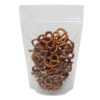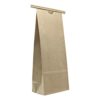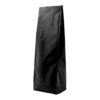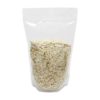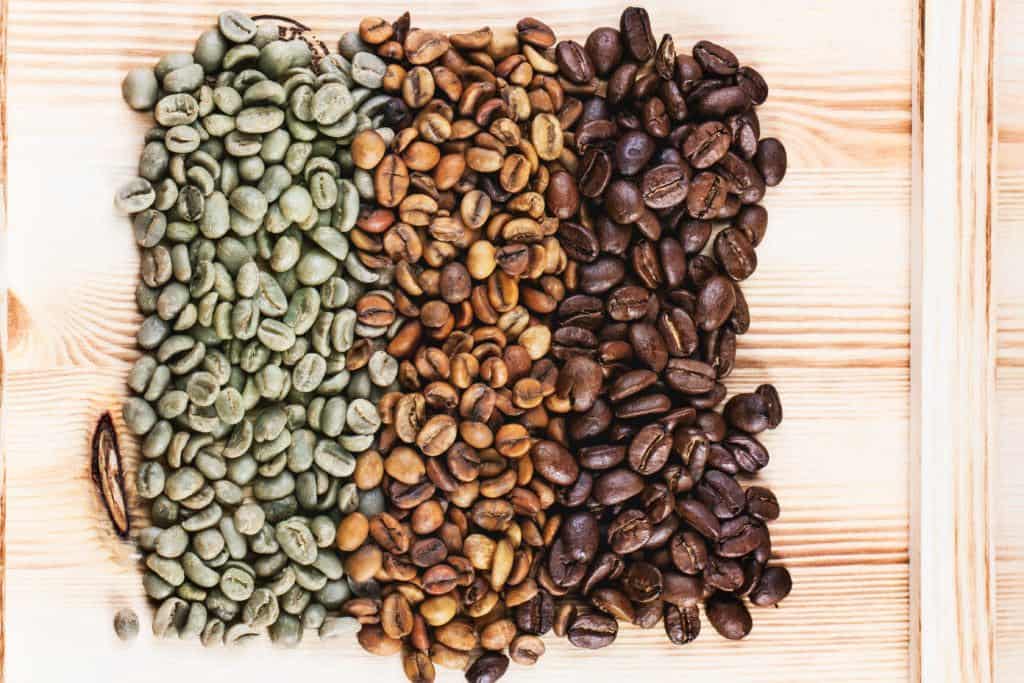Blog
Direct Trade vs. Fair Trade: A Competition?
Before I started working at a specialty coffee shop, I had only ever heard of fair trade, and only ever in passing; I had no idea, really, what it meant. The beginning of my coffee training was my introduction to another concept, both similar and different from fair trade – direct trade. What do these phrases mean and is one better than the other?
Fair and direct trade both represent the rise of conscientious purchasing. Consumers are aware that the products they consume are brought to them by a chain of workers, often in less-than-ideal or just-plain-bad circumstance. The Information Age means more transparency, which means a higher demand for accountability. There’s also cruelty-free products, referring to the treatment of animals before they become animal products, and organic, which, simply put, focuses on a positive impact on the environment.
Direct trade and fair trade are conscientious phrases like this, having to do with the production of products, yes, but mostly to do with the money involved. They are both phrases most associate with coffee.
There are several main distinctions between direct and fair trade. Firstly, the end result. Fair trade involves money exchanges with farming cooperatives, or big groups of farmers who tend to produce larger crop number; the farmers come together to unite their resources in the hopes of being able to spread them further. The result of dealing with cooperatives is, essentially, generic specialty coffee. These are probably not Robusta beans (though a very large cooperative may grow the cheaper, more bitter beans) but they are a conglomeration of various genetic strains, and therefore, are not as pure and great as they could be.
Direct trade takes the business, as the name says, directly to the farmer. This is still done through a series of middlemen, as most small-co coffee-shop owners can’t travel to Brazil or Peru every month to buy a new batch of beans. Direct trade involves going directly to one individual farm. This means that the beans are purer, with less crossbreeding. The result: super rare coffee beans in small batches (mass produced generally means lower-quality) of a higher quality and generally superior tasting experience. Third wave specialty shops often feature these fair trade items, as month-long specials (until the small batch runs out). The lack of crossbreeding means that the beans retain a more distinctive flavor profile. It is a rising fad to feature “single-origin” brews: coffee beans that come from a single plot of land and genetic line. When lightly roasted in order to retain the most flavor, these brews can come out tasting like cherries or chocolate or lavender, with no additives needed.
In fair trade, the cooperative handles the money exchange, meaning that the representatives of the group are responsible for fair dividends to the different farmers. In direct trade, the money is given directly to the farmer responsible for the beans chosen. This allows for a more collaborative relationship with independent farmers, exchanging capital for a very special batch of beans. Direct trade also tends to give a larger percent of the payment to the actual farmer. Farming cooperatives can have thousands of farmers that payment will be divided among, after the leaders take their own percentage.
It is unfair of me to praise direct trade in such a biased way. In reality, the majority of coffee farmers around the world depend on farming cooperatives to ensure a regular income each year. And, it’s true, specialty coffee shops may only do business with an independent farmer once, and then they move on to the next rare, undiscovered farmer. This makes the farmer’s income less dependable. There are efforts to combine the two strategies, in order to foster and support independent farming as well as ensure fair payment to all farmers. A combination would do a lot to enrich community development by both funding small businesses and supporting as many farmers as possible. I wonder if it is not financially feasible to practice a little bit of both; direct trade for your special, featured, made-to-order brews and fair trade for everything else. I think this is generally what most coffee shops have, or are trying to, incorporate.

